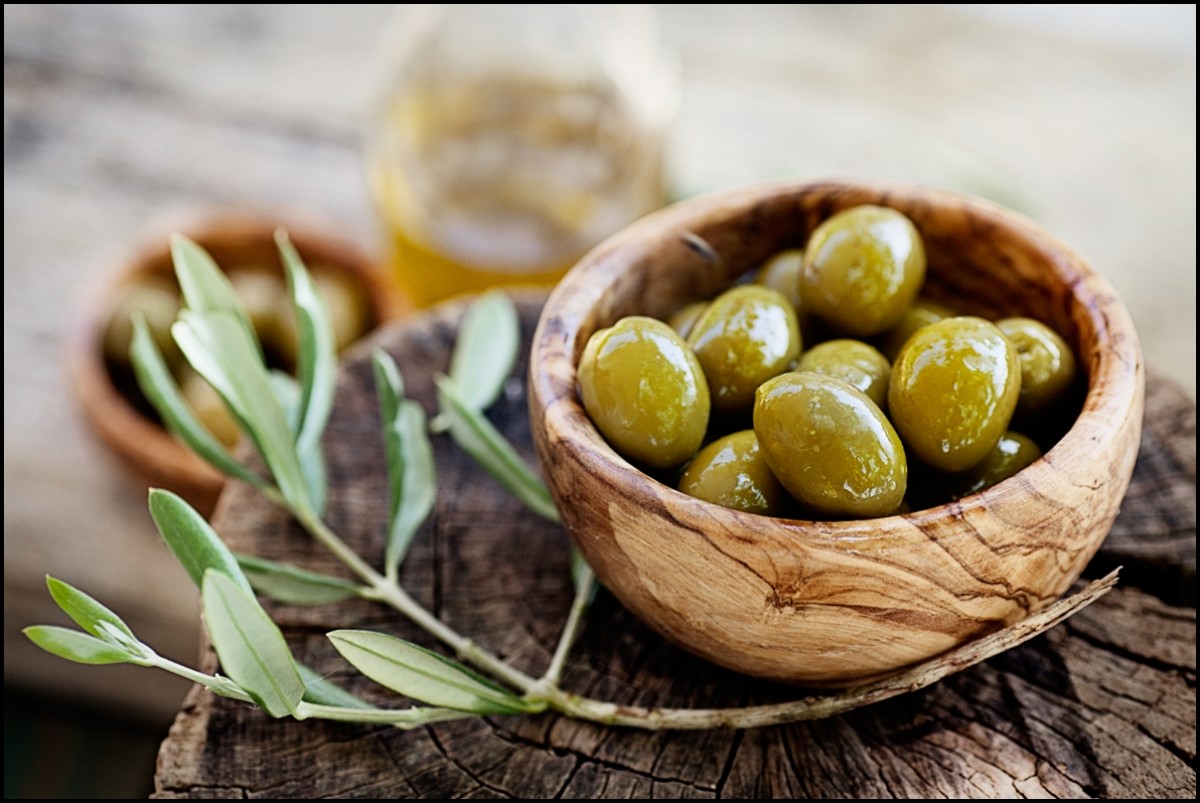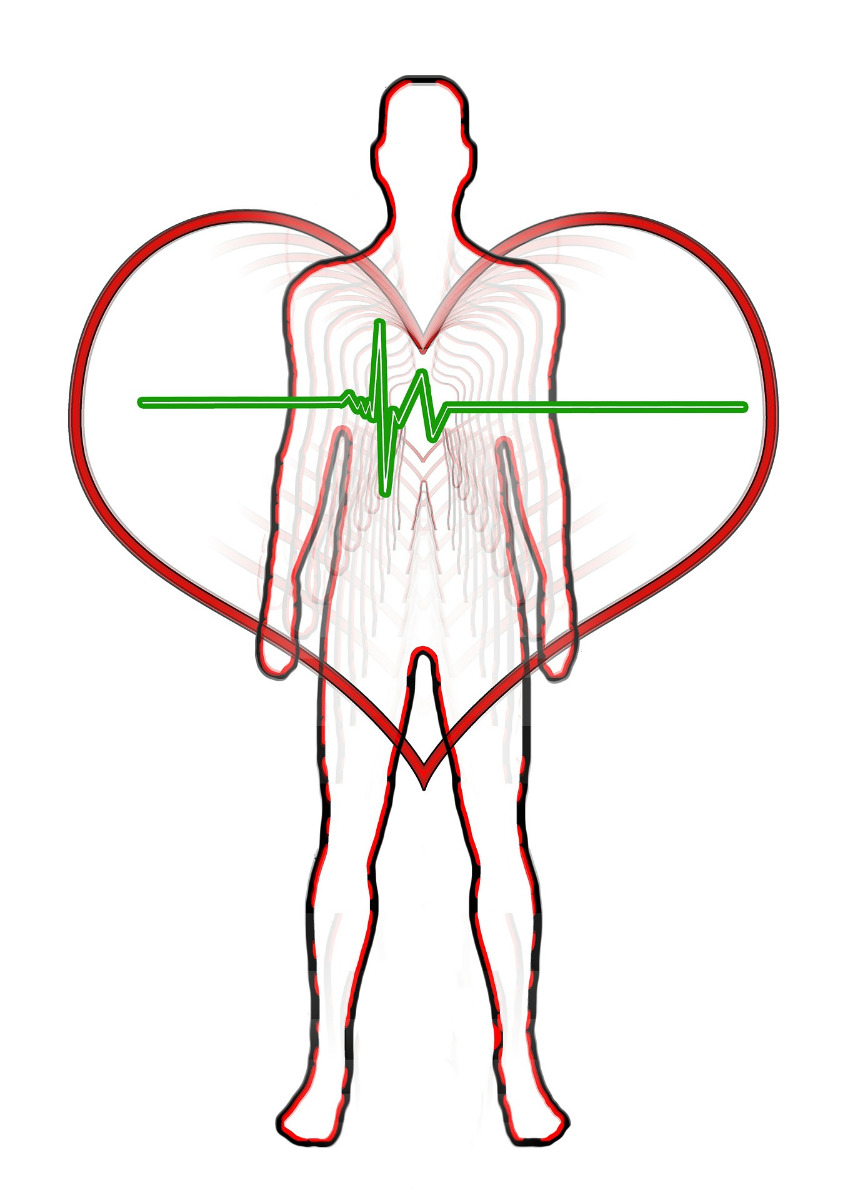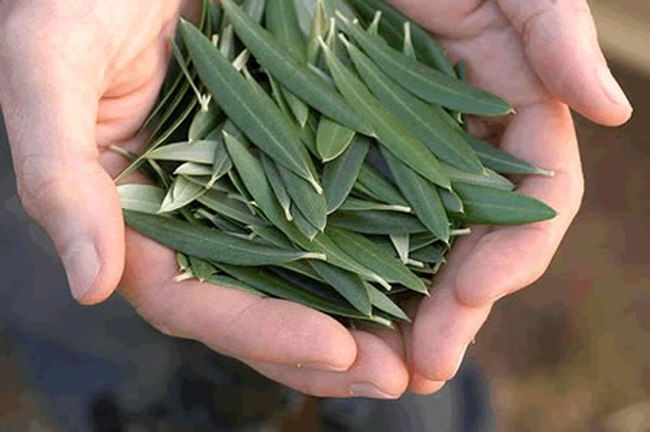This website uses first-party and third-party cookies for technical, analytical, statistical, remarketing and profiling purposes. More information and how to manage preferences are available on the Legal Notice and Privacy. By selecting “continue”, or by proceeding with browsing, you agree to the use of third-party cookies.
Olive leaf extract benefits
Scientists have isolated the most important molecule contained in olive trees which provides olive oil with its multitude of health and life-extending benefits: oleuropein. It is one of the polyphenols, together with hydroxytyrosol, elenolic acid and rutin, that can help lower bad cholesterol and hypertension. Moreover, it has antioxidant properties and helps the metabolism.
What is oleuropein? Besides providing the typical pungent flavour found in extra virgin olive oils, it is also responsible for most of olive oil’s antioxidant, anti-inflammatory and disease-fighting characteristics.
The olive tree (Olea europaea) produces oleuropein abundantly in its leaves and special techniques now allow for the extraction of a stable form of this phenolic compound.
Many are the health benefits of olive leaf extracts, and this page will help us discover more. We will try to provide some useful information and answer questions like: What are the health benefits of olive leaf extract? What are the benefits of taking olive leaf extract every day?
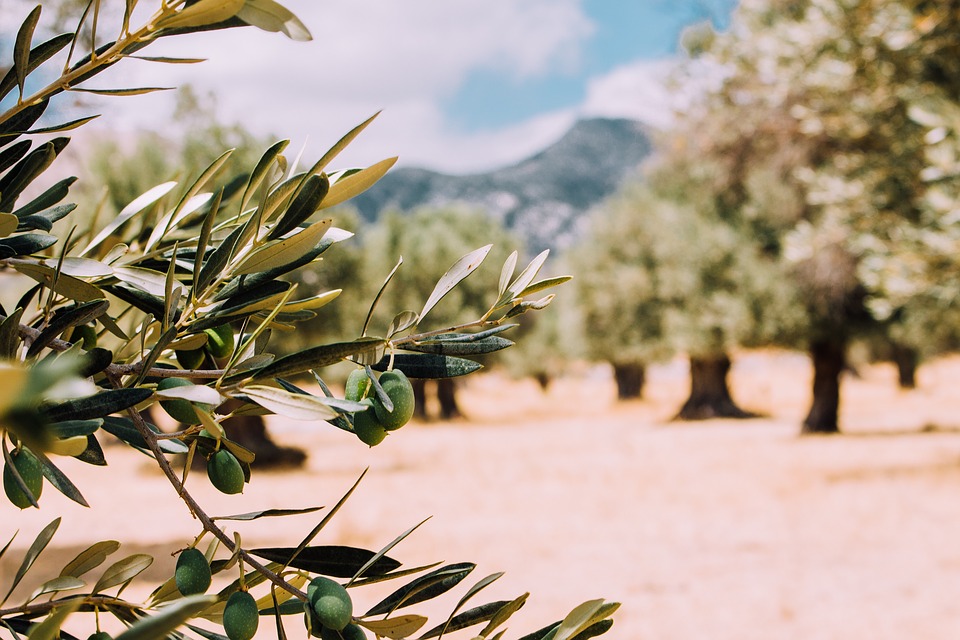
- Improve Blood circulation
- Lower Blood Pressure
- Lower Cholesterol
- Improve Cardiovascular Health
- Boost The Metabolism and Helps Weight Loss
- Improve Immune System; Olive leaf extract relieves coughs, colds and flu
- Home Remedy for Constipation
- Antioxidant action
- Improve skin, fights eczema and herpes
Blood pressure
Several studies demonstrate that olive leaf supplements lead to significant drops in elevated blood pressure. It has been also shown that the extract can both prevent and treat high blood pressure.
A drop in blood pressure is accompanied by the widening of blood vessels that results in improved blood flow (reduction of broken capillaries and varicose veins).
SCIENTIFIC STUDY 1: A human study compared olive leaf extract against a popular prescription drug used for treating hypertension. In this study, patients with stage 1 hypertension were divided into two groups and took either 500 mg of olive leaf extract or 12.5 mg of the drug, twice daily. After 8 weeks of treatment, both groups experienced a drop in mean blood pressure from baseline, with no significant difference between the two. In other words, the olive leaf extract performed as well as the prescription drug.
SCIENTIFIC STUDY 2: Another study involving 20 couples of twins produced similar results. Researchers from Switzerland and Germany conducted an 8-week trial, with individuals given either placebo capsules or capsules containing oleuropein (the main ingredient of olive leaf extract). Pairs of twins were assigned to different treatments. "The study confirmed that olive leaf extract has antihypertensive properties in humans," says Aydogan, one of the study’s co-authors.
Scientists agree that the power of the extract comes from its blend of antioxidants and other elements, with the most remarkable compound in olive leaf extract being oleuropein.
Lowering cholesterol
Cholesterol is a fat which occurs naturally in the human body and supports many of its functions. Uncontrolled high cholesterol can result in serious health problems.
Olive leaf extract has a strong anti-inflammatory effect and helps prevent the oxidation of LDL cholesterol in different ways. The risk of oxidation increases with external factors such as a high-fat diet and smoking. Oxidized LDLs (low-density lipoproteins) become harmful since they can produce inflammation in the arteries, making you much more vulnerable to atherosclerosis and heart attack or stroke.
In addition, polyphenol compounds found in olive leaves help directly prevent the formation of arterial plaques, and help reduce the risk of heart attack and stroke by reducing the production and activity of a series of adhesion molecules. These substances cause white blood cells and platelets to stick to arterial walls, resulting in early plaque formation. Furthermore, olive leaf extract reduces the risk of tiny clots forming at sites of plaque to produce a stroke.
Diabetes
Diabetes is the result of the body not being able to keep blood glucose levels within the normal range, and is one of the most common health problems in the western world. Olive leaves have been used since ancient times, thanks to properties that help support normal glucose levels.
Researchers from the University of Auckland in New Zealand have demonstrated a positive connection between olive leaf extract and diabetes, determining that olive leaf extract can decrease insulin sensitivity and increase the production of insulin by the pancreas. Over a period of 12 weeks, during supplementation with olive leaf polyphenols, the researchers found that olive leaf extract lowered insulin resistance by an average of 15%.
Immune system Boost
Oleuropein enhances the functioning of the immune system in multiple ways. Overall, the antiviral properties of olive leaf extract can provide full cover against the major viruses responsible for upper respiratory tract infections during the flu season. Moreover, it is an effective cold and flu relief.
Olive polyphenols are effective against different sets of free radicals which are responsible for cell aging. Olive leaf extract is a powerful natural free radical scavenger and one of the most important antioxidant herbs.
Oleuropein has more antioxidant power than Vitamin C and is far more powerful than the many so-called ‘super fruits’ such as noni, goji, mangosteen and acai. It also helps protect the brain from the destruction brought by degenerative conditions such as Alzheimer’s and Parkinson’s diseases.
Olive leaf and Lyme disease: Taken at the first signs of an acute viral infection such as nasal congestion, sore throat, and fatigue (worsening of these symptoms acutely if they are part of the usual Lyme disease symptoms), OLE limits the course of the virus infection. Lyme Disease is caused by the bacteria Borrelia burgdorferi, particularly hard to kill. The use of antibiotics only temporarily suppresses it, the use Olive leaf extract for 30 days can kill bacteria.

Olive leaf and herpes
For thousands of years, olive leaf extract has been used as a home remedy for fighting all types of viruses including colds and flu, and as a treatment for herpes outbreaks. It is now scientifically confirmed that when oleuropein, the main compound of olive leaf extract, is taken orally, it enhances immune function. Laboratory tests have shown that it is a powerful virucidal, destroying viruses including herpes simplex type I, herpes simplex type II and herpes zoster.
As we know, herpes outbreaks are more likely to occur when the immune system is compromised or when you are under stress. Oleuropein boosts the immune system and strengthens immune defences. A strong immune system is the key to combating herpes outbreaks: when it is working properly, herpes outbreaks are weaker and can be avoided for many years.
Oleuropein can also inhibit viral replication and has a beneficial effect on fighting dental infections and other urinary tract infections
Antioxidant
Antioxidants play an essential role in the body as they reduce free radicals and are important in removing them from the body, especially the reactive oxygen species. Free radicals damage healthy cells and can leave the body vulnerable to advanced aging, cardiovascular problems and degenerative diseases. Causes of free radicals include sun exposure, pollution, stress, food, alcohol and smoking.
Olive leaf extract capsules, pills and tablets, as well as soaps, hand creams, body lotions and shampoos are sold as an anti-aging formula.
Olive polyphenols are effective against different sets of free radicals which are responsible for cell aging. Olive leaf extract is a powerful natural free radical scavenger and one of the most important antioxidant herbs. Research conducted at Australia’s Southern Cross University (SCU) has identified the olive leaf as the most powerful, free radical-scavenging antioxidant of 55 medicinal herbs. Oleuropein has more antioxidant power than Vitamin C and is far more powerful than the many so-called ‘super fruits’ such as noni, goji, mangosteen and acai. It also helps protect the brain and central nervous system from the destruction brought on by strokes and age-related degenerative conditions such as Alzheimer’s and Parkinson’s diseases.

References
Markin D, Duek L, Berdicevsky I, “In vitro antimicrobial activity of olive leaves”, Mycoses, Volume 46, Issue 3-4, pages 132–136, March 2003Serafini M, Laranjinha JA, Almeida LM, Maiani G, "Inhibition of human LDL lipid peroxidation by phenol-rich beverages and their impact on plasma total antioxidant capacity in humans", Journal Nutr. Biochem, Issue 11 pages 585-590, 2000
Khayyal M.T. et al., “Blood pressure lowering effect of an olive leaf extract (Olea europaea) in L-NAME induced hypertension in rats” Arzneimittelforschung 52(11):797-802, 2002
Manna C, Migliardi V, Gollino P, SCognamiglio A, Galletti P, Chiariello M, Zoppia V. ,“Oleuropein prevents oxidative myocardial injury induced by ischemia and reperfusion” Journal Nutr Biochem, Aug 2004;15(8):461-6 , 2004
Bao J, Zhang DW, Zhang JZ, Huang PL, Lee-Huang S, “Computational study of bindings of olive leaf extract (OLE) to HIV-1 fusion protein gp41.“ FEBS Lett. 2007 Jun 12;581(14):2737-42. Epub 2007 May 21
Jemai H. et al., “Lipid-lowering and antioxidant effects of hydroxytyrosol and its triacetylated derivative recovered from olive tree leaves in cholesterol-fed rats, Journal Agric Food Chem. Issue 56(8):2630-6, 2008
Yamada K, Ogawa H, Hara A, Yoshida Y, et al, “Mechanism of the antiviral effect of hydroxytyrosol on influenza A virus including H1N1, H3N2, H5N1, H9N2” Antiviral Res. 2009 Jul;83(1):35-44. doi: 10.1016/j.antiviral.2009.03.002. Epub 2009 Mar 24
Jemai H. et al., “Antidiabetic and Antioxidant Effects of Hydroxytyrosol and Oleuropein from Olive Leaves in Alloxan-Diabetic Rats” J Agric Food Chem, 2009 Oct 14;57(19):8798-804
Vlassios Goulas, Vassiliki Exarchou Anastassios N. Troganis Eleni Psomiadouet al, “Phytochemicals in olive-leaf extracts and their antiproliferative activity against cancer and endothelial cells” , Molecular Nutrition & Food Research, Volume 53, Issue 5, Pages 600-608, 2009
Poudyal H. Et al., “Olive Leaf Extract Attenuates Cardiac, Hepatic, and Metabolic Changes in High Carbohydrate-, High Fat-Fed Rats” J Nutr. 2010
J. Munoz-Marin et al, “Cytoprotective effect of hydroxytyrosyl alkyl ether derivatives after oral administration to rats in a model of glucose-oxygen deprivation in brain slices.”, Journal of Agricolture Food Chem. 60(31):7659-64, 2012
Castaner O. et al. “Protection of LDL from oxidation by olive oil polyphenols is associated with a downregulation of CD40-ligand expression and its downstream products in vivo in humans”, Journal Clin Nutr. 2012 Mar 21
M. Kostomoiri, A.Fragkuoli, M. Sagnou et at, “Oleuropein, an Anti-oxidant Polyphenol Constituent of Olive Promotes α-Secretase Cleavage of the Amyloid Precursor Protein ”, Cell Mol Neurobiol., 33(1): 147-54, 2013.


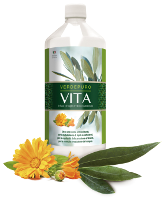
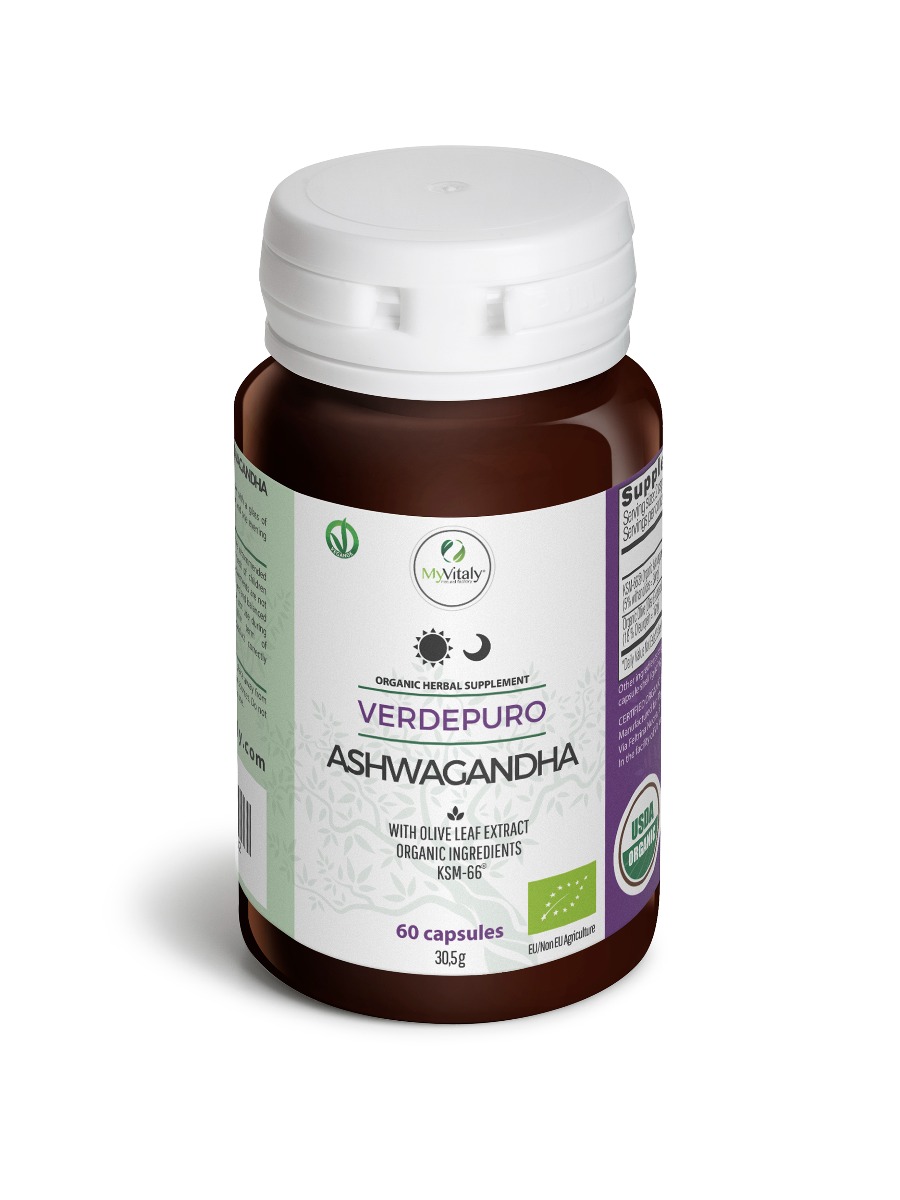
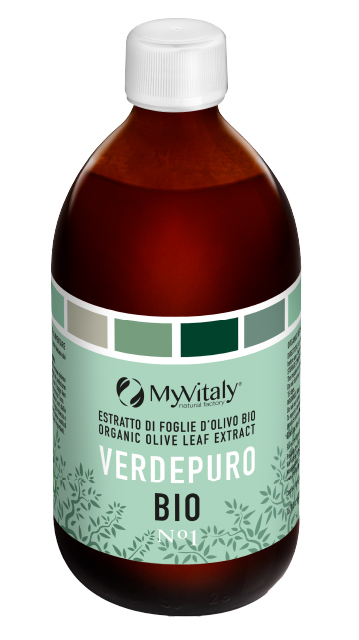
 Login
Login
 Register
Register 

